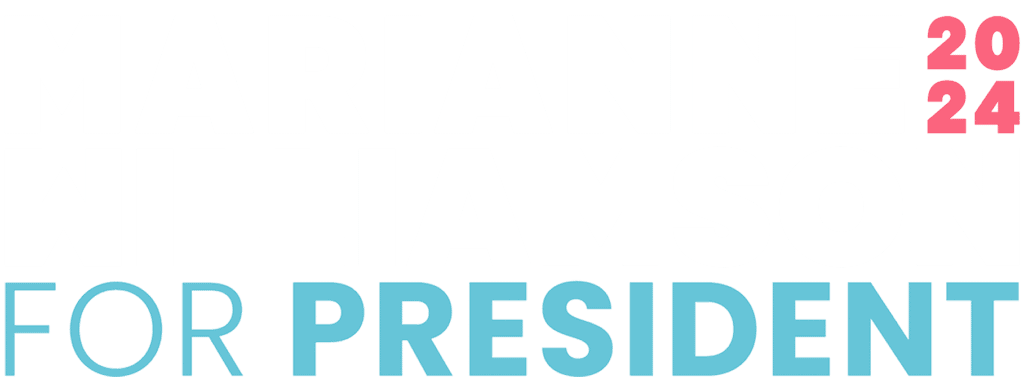Restorative And Healing – Focused Justice
If we truly want justice, then we need to look at how to help ameliorate the causes of conflict and especially violence. Our present system focuses almost exclusively on punishment as a deterrent. It is not only largely ineffective, but also dehumanizing and creates generations of people who are trapped in these cycles.
We must work to transform the conditions that cause violent conflict and work to repair harm done, while also decreasing the potential for future infractions. Racial inequities are also rampant in the current system and must be rectified. Our criminal system has disproportionately targeted Black communities and Latinos, who have the highest likelihood of facing the strictest prison sentences. Today America is incarcerating Black people at a higher proportion than South Africa did at the height of apartheid. It is wrong to ignore the racial element involved in systemic criminal injustices.
Innovative Solutions:
- Early Intervention: We need to engage at-risk youth, and offer them the kind of resources, education, and counseling that will help them succeed in life, rather than fall into cycles of violence and imprisonment. (This includes addressing Poverty head on.)
- Restorative Justice: Restorative justice is a reconciliation-focused justice process that can bring healing to victims and communities, much more so than solely punitive-minded criminal justice approaches. Restorative justice is guided by victims’ needs and allows the possibility for offenders to directly confront the human costs of their actions and make some form of amends. Ultimately, this approach to criminal reform helps everyone move forward – victims, assailants, and communities themselves. By laying the foundations for empathy, restorative justice prevents repeat offenses, and rebuilds frayed bonds, helping restore communities.
- Trauma-Informed Justice and Courts: Evidence informs us that the majority of people in jails and prisons have survived rape, assault, or childhood sexual abuse — or at the very least, have witnessed violence to people close to them. Most incarcerated Americans grew up with multiple adverse childhood experiences.Trauma sends people into the criminal justice system, and then the criminal justice system too often heaps more trauma on those incarcerated or facing incarceration. If we are serious about breaking the cycle of violence, we need to be sensitive to these traumatic experiences that lead to violence, and by doing so, we have a chance of addressing both.In particular, we need to create a trauma-informed environment inside the juvenile justice system. Too many of our youths have been mistreated, and when they act out they are often treated poorly again. This is not a tenable situation. If we can instead treat people with respect and provide them with psychological support, we can help save their lives and the lives of those they might otherwise injure.
- Prisoner Rehabilitation and Re-entry Support: In cases where incarceration may be necessary, we need not lose our humanity as a culture, nor do we need to ignore the humanity of incarcerated people. If we treat offenders with respect to their essential human dignity, we create a greater chance that they will return to their communities as productive members of society and not revert to criminal behavior. Most perpetrators of crime have been victims themselves. We need to give past offenders, once they have paid their debt to society, support in transitioning back to society. That serves not only them but us.
A Williamson presidency will support increasing the number of programs in prisons that provide life-skills for those who are incarcerated. It will be a strong advocate for teaching inmates emotional literacy, communications skills, conflict resolution skills, and job training.
Fund and provide re-entry programs for formerly incarcerated people to make their transition back into society easier. (This is like the Reverse Boot Camp for Veterans).



